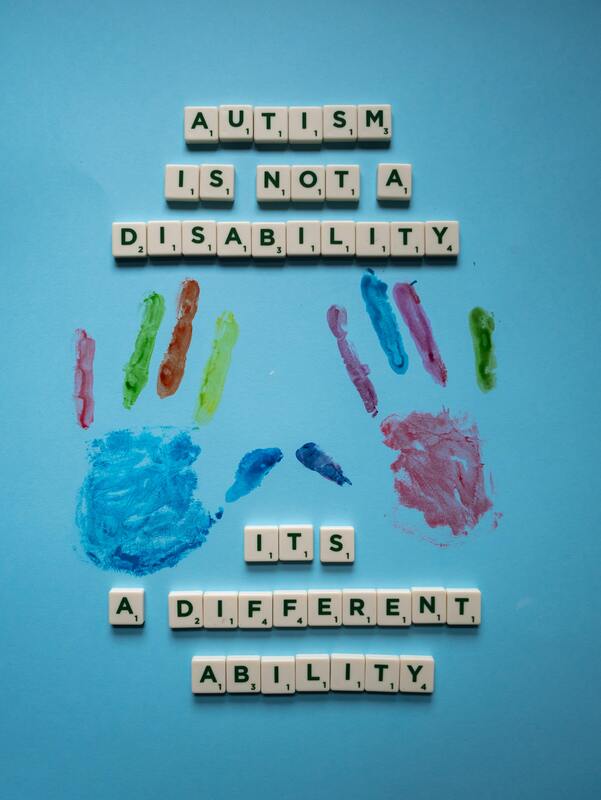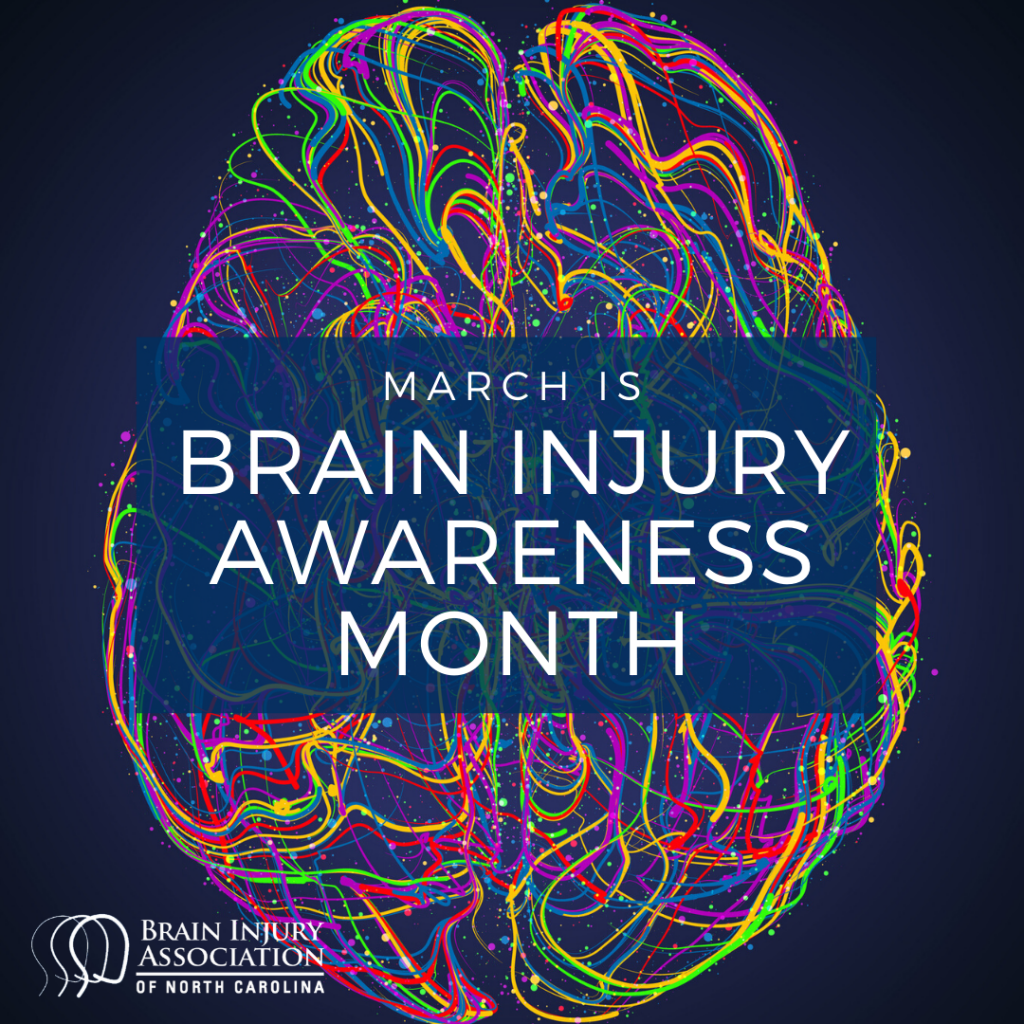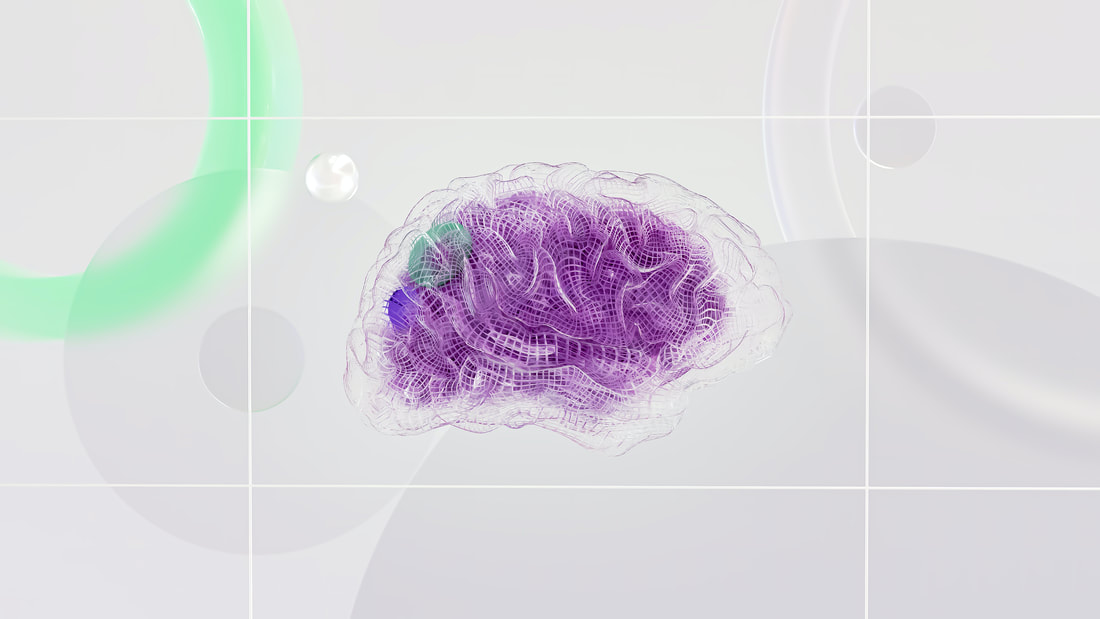|
April isn't just about blooming flowers and warmer weather. It's also a time to celebrate something equally beautiful: diversity. April is recognized globally as Autism Acceptance Month, a time dedicated to promoting the affirmation, understanding, and inclusion of Autistic individuals.
0 Comments
In our fast-paced lives, it's easy to overlook the importance of nurturing our brain health. We're often consumed by daily tasks, work commitments, and social obligations, leaving little time to prioritize the most crucial aspect of our well-being: our brain. However, just as we care for our physical health, our cognitive health demands attention too. Fortunately, four key pillars serve as the foundations of a healthy brain: nutrition, physical activity, mental stimulation, and sleep.
|
Devon Brunson, MS, CCC-SLP, CBISWelcome to the CSL Blog - musings about treatment, education, care, and advocacy. Archives
June 2024
Categories |



 RSS Feed
RSS Feed